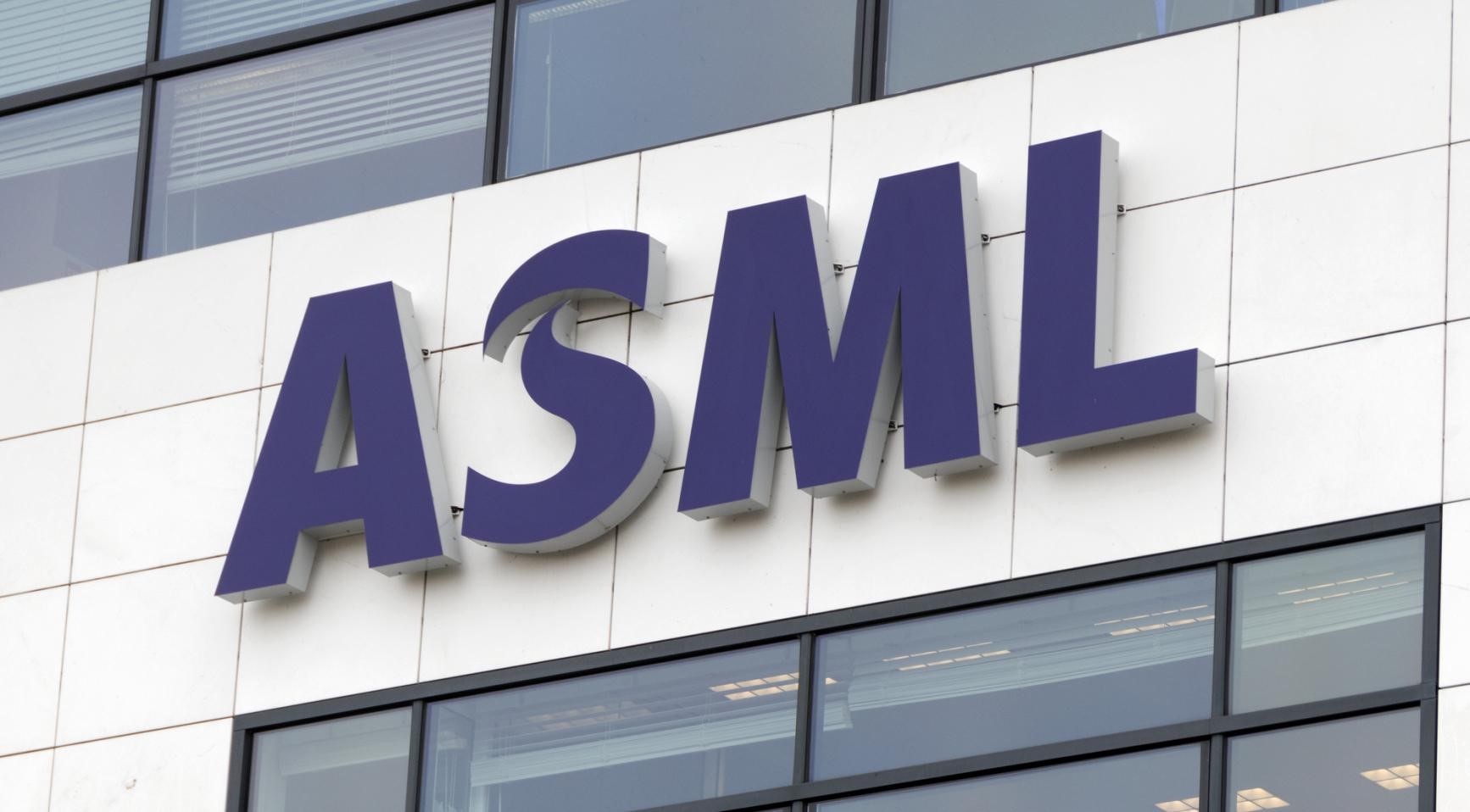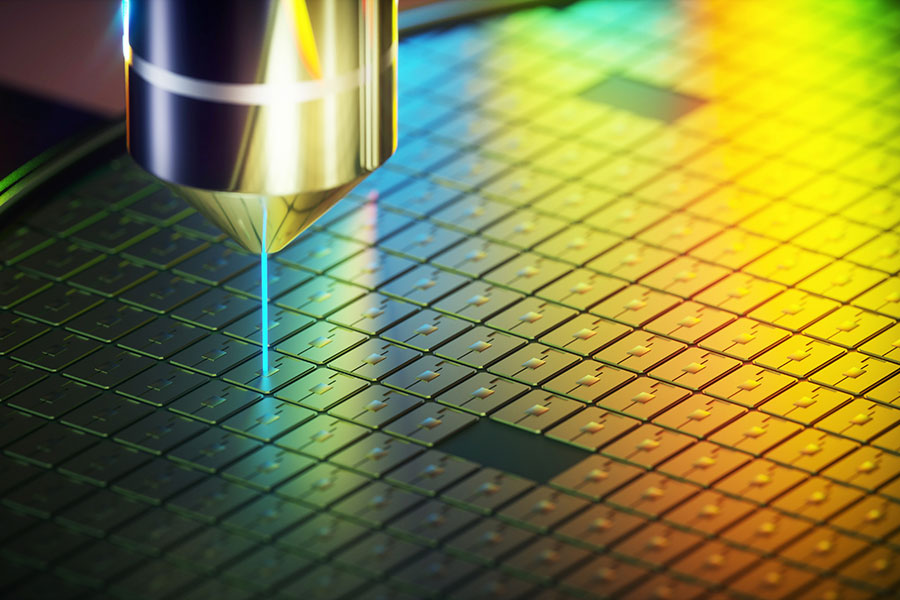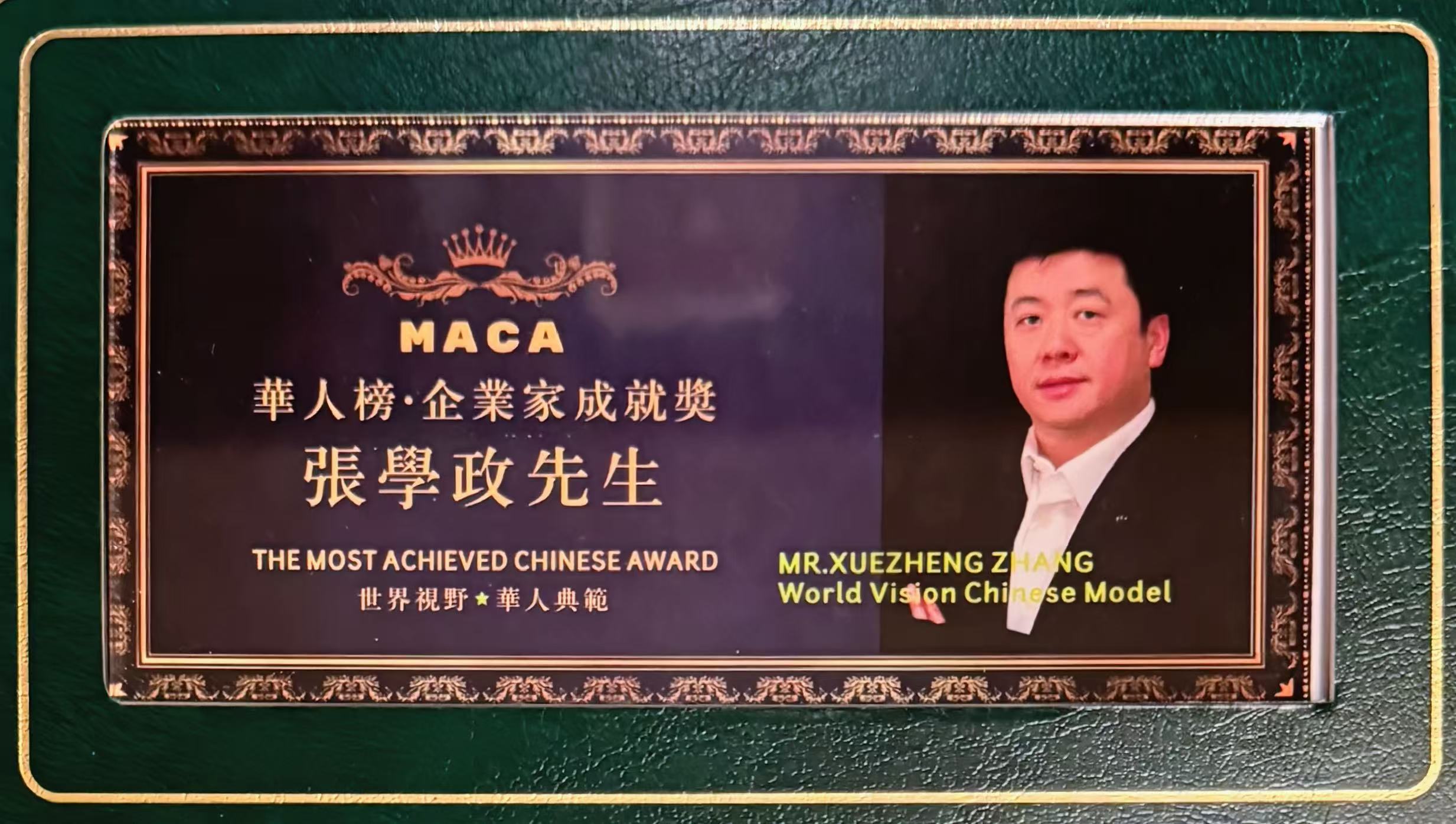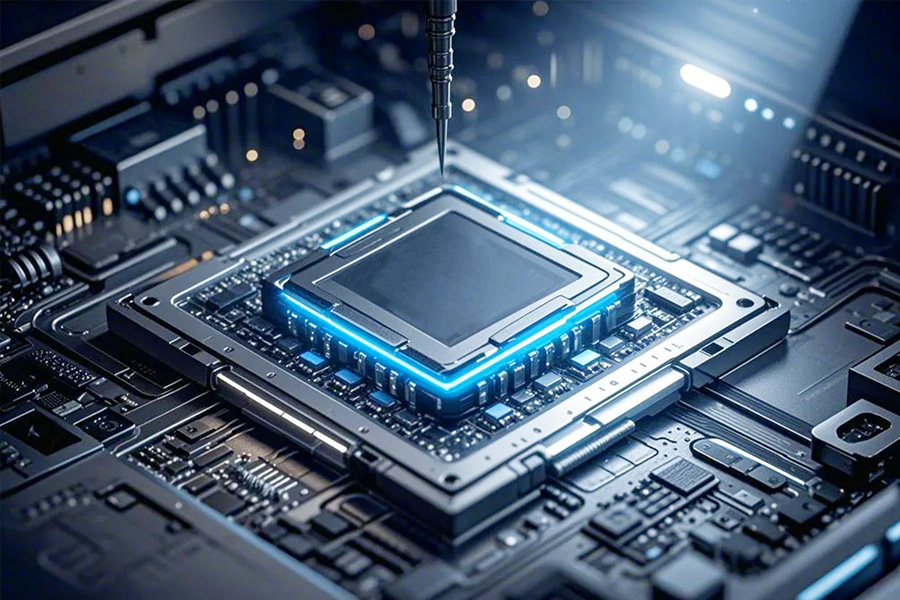【本期受访人:Frans-Paul van der Putten 荷兰对华科技和地缘政治专家。“The Resurrection of China”(《中国的再度崛起》)作者。集微访谈就就目前中荷半导体双边商贸关系,“贝多芬计划”等一系列问题和van der Putten先生做了沟通和交流,收到了十分有启发的答复。】

集微访谈:总体来看,荷兰半导体产业链和生态,相比全球尤其是欧洲其它各国有什么独特之处?
van der Putten:主要有两个特点,一个是偏重制造环节,一个是整个生态往往围绕制造半导体的设备链而展开。
集微访谈:之前业界传出了ASML“出走”传闻。荷兰政府为了留住ASML,发起了“贝多芬行动”,你是否认为荷兰的政治和半导体产业有一些鸿沟?“贝多芬行动”将面临着哪些挑战?
van der Putten:荷兰政府,以及以ASML为代表的荷兰高科技产业群体面临的政治压力主要来自两个方面。在国内,一些政党和部分选民施加压力,要求限制外国人入境,包括限用科技公司和研究机构聘用的技术专家;在国际上,荷兰面临着美国政府施加压力,希望限制中国获得某些技术,特别是先进的半导体技术。
集微访谈:荷兰埃因霍温虽然是个小城,但聚集了大量的高新技术企业,尤其是有ASML和恩智浦这样的全球领先的半导体公司,目前,全球不少国家都在试图效仿埃因霍温模式打造以半导体市场为主要带动方向的产业集群。
van der Putten:十九世纪末,飞利浦在埃因霍温成立。20世纪,它成为荷兰最大的科技公司和欧洲领先的跨国公司之一。埃因霍温半导体集群的大部分直接或间接是飞利浦历史性发展的成果。
集微访谈:不稳定的地缘政治给全球半导体产业生态的健康度带来了很多负面因素。美国商务部不断加强所谓的供应链审查,尤其在光刻设备领域不断对华收紧出口许可,这会对中荷双边半导体商贸造成什么影响?
van der Putten:美国似乎将继续扩大高科技限制的范围,包括对第三国的限制。因此,荷兰与中国的光刻设备的贸易范围可能会继续缩小。
集微访谈:近期荷兰首相吕特访华,并得到了习近平主席的接见。吕特被认为是下一届北约秘书长的热门人选。荷兰的政坛换届和高层人事布局,会对双方的高科技产业产生哪些影响?
van der Putten:目前荷中经济关系往来密切,但现在政治障碍却比以前更多了。无论哪党执政,荷兰与中国的经济关系都可能面临越来越大的内外部压力。
【英文原文】
JW Insight:Could you briefly summarize, compared to other global and Europe regions, are there any specific ecosystem features of chip market in Netherlands ( design, manufacturing, packaging, etc) ?
van der Putten: Two major features are manufacturing of semiconductors, and manufacturing of tools and equipment to make semiconductors.
JW Insight:Dutch government has now launched "Beethoven operation" to persuade ASML to stay. What’s your opinion on the connection between politics and high tech business? From your perspective, what’ the biggest challenges of the “Beethoven operation”?
van der Putten: The Dutch government and Dutch high tech companies such as ASML currently face political pressure from two sides. Domestically, there is pressure from some political parties and from part of the electorate to limit the inflow of foreigners, including technological experts that are hired by tech companies and research institutes. Internationally, there is pressure from the United States government which wants to limit Chinese access to certain technologies, in particular advanced semiconductor technology.
JW Insight:ASML is headquartered in Eindhoven, a small city with great high-tec power. With what kind of alchemy, Eindhoven build such a great semiconductor industry cluster ?
van der Putten: In the late nineteenth century Philips was established in Eindhoven. In the 20th century it became the largest Dutch technology company and one the leading multinationals of Europe. Much of the Eindhoven semiconductor cluster is directly or indirectly an outcome of past activities of Philips.
JW Insight:Due to the unstable geopolitical situation and U.S’ tightening up semiconductor export controls. ASML has an unclear growth prospects in China. Meanwhile, China has been splashing subsidies on lithography machines for many years to reducing its reliance on foreign chip technology. What’ your opinion on lithography machine trade between China and Netherlands in future?
van der Putten:It seems that the US will continue to expand the reach of its high-tech restrictions, including those that apply to third countries. The scope for Dutch lithography trade with China may therefore continue to decrease.
JW Insight:At the end of March, Chinese President Xi Jinping meets Dutch Prime Minister Mark Rutte in Beijing. Rutte is in a strong position to succeed Jens Stoltenberg as the head of NATO. Could you analyze, how Netherlands- China economic trade would be affected by a change of government in Netherlands?
van der Putten:Netherlands-China economic relations are close but there are now more political obstacles than before. Regardless of which parties will be in government, the economic relationship with China will probably come under increasing pressure.








